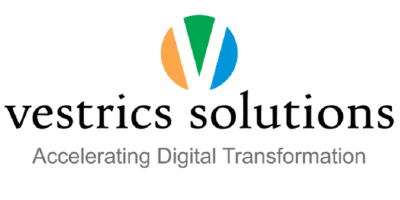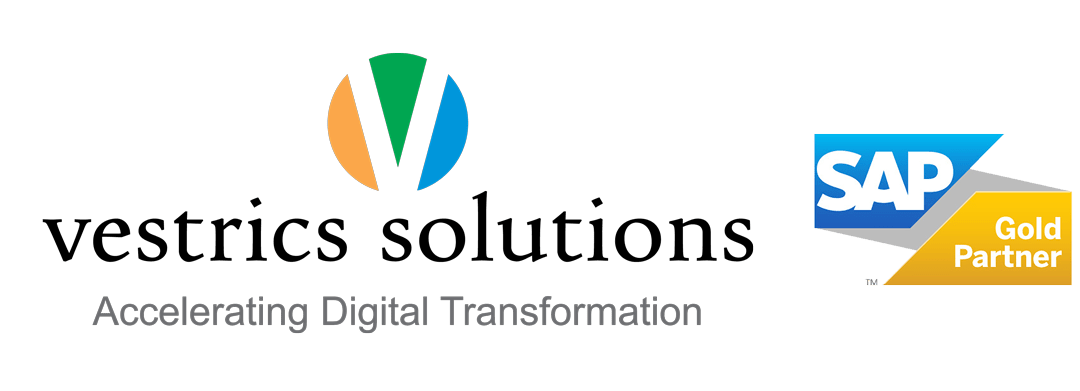How SAP Business One helps Small and Mid-Sized Businesses
Small and medium-sized businesses (SMBs) have encountered numerous challenges and a lot of competition in recent years. Due to their inability to adapt to the current business environment, traditional ERP systems for SMBs have become obsolete. SAP Business One is an advanced ERP system that can handle the growing challenges businesses face. Over 65000 small and medium-sized enterprises worldwide rely on SAP Business One as a reliable and enduring solution. The SAP Business One solution can effectively manage the entire operation for small to medium-sized businesses. SAP Business One (SAP B1) can efficiently address all processes, including finance and accounting, sales and customer management, stock control, and more. With SAP Business One, Small and Medium-Sized Businesses (SMBs) can benefit in the following ways: Insightful Decision Making In a routine SME scheme of operations, decision-making plays a vital role in sustained business growth and identifying the right opportunities. However, keeping a tab continuously takes time and effort. With SAP solutions, reports on trends and real-time changes are readily available. Also, SAP Business One can keep the business owner’s information ready at all times, thus enabling them to make insightful and timely decisions. The software is capable of carrying out vital strategic tasks like data profiling, forecasting, and creating recommendations for more informed business decisions for growth and profitability. Greater Standardization & Visibility With business processes comes the issue of compliance and regulations. These change periodically with changing business landscape. Thus, a need for a robust ERP solution arises that can take care of these while performing critical tasks. SAP Business One offers the capability to integrate finance with inventory and sales, thus offering financial visibility to the stakeholders. It also helps to bring all departments on a single visibility window which enables the business owners to have better control of processes across functions and simultaneously, meet all the compliance requirements. Thus, every aspect of the business process is taken care of by SAP Business One. Advantages of Cloud Computing With the power of cloud computing that comes with SAP Business One, SMEs can now store the data in a central database and can readily access it from anywhere with access controls in place. This gives them the advantage of quickly reviewing the critical data and doing course corrections for any ongoing project. Also, the readily available data across departments enables business owners to implement crucial decisions pertaining to a particular department to streamline productivity. Advantage of Mobility & Competitive Edge As an SME becomes an SAP Business One partner, they get access to the mobile app, thus giving them the most relevant and needed business data anywhere on the go, enabling them to connect with key stakeholders and initiate decision-making quickly. The mobile app also allows the sales team to manage leads, view inventory status, and place orders to close deals. Thus, with mobility in place, SAP Business One enables SMEs to close service tickets quickly. With data generated, SMEs can soon grab opportunities and drive sales, thus getting an edge over their competition, thus realizing inclusive growth. Automation of Manual Tasks This is an important benefit as manual tasks are automated, thus giving back a lot of time to focus on key strategic tasks and business planning initiatives. Most of the processes across functions like finance, accounting, customer support, supply chain management, and HR can be automated, thus substantially saving time for other key focus areas. SAP offers standardized business processes, which can readily be implemented across key functions. Improved Consumer Experience SAP ERP solutions are so designed that they delight consumers’ experiences by way of personalization. By integrating the SAP solution with a CRM add-on, SMEs can quickly scale up their customer experience by harnessing features like rich insights, customer-friendly campaigns, etc. Granular-level data with regard to consumer interests and shopping behaviour insights can be leveraged for enhanced consumer targeting and experience with the help of SAP Business One. With this data availability at hand, SMEs can look for increased profits with up-selling and cross-selling strategies. Better Collaboration Every business needs to work together to grow. However, keeping everyone on the same page is challenging in a diverse business model and remote working environment. Additionally, maintaining a state of sync across all departments is essential for efficient collaboration. Fortunately, SAP Business One makes it easy to share corporate data at any time with any department. To put it another way, each worker has access to the same amount of information and can easily communicate with one another. Ready to Implement SAP Business One? SAP Business One can maximize overall performance and optimize business processes. It’s fair to say that by automating and making work more accessible, SAP Business One can help your business grow significantly over time. Companies can avoid the difficulties associated with integrating various applications into their business systems by providing a comprehensive ERP solution. It has the potential to generate value for your company while also boosting productivity and efficiency. You can simplify complexities and obtain actionable insights in real-time. To make the most of all the advantages of SAP Business One for your business, we at Vestrics help your business carry out hassle-free management of all your sales activities. Find the right package for your business needs with us. So, if you are looking for a one-stop solution, reach out to us at sales@vestrics.in or call us at +91 99510 53333





